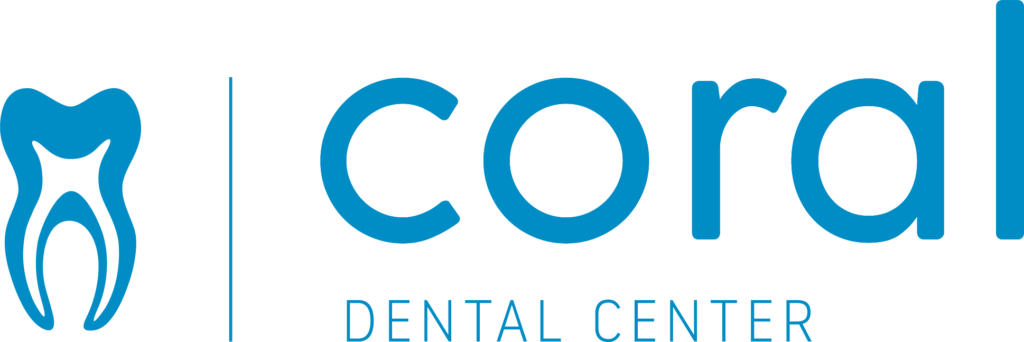Myths and Facts about Oral Hygiene
Oral hygiene is a fundamental aspect of our health that is often surrounded by myths and misunderstandings. In this article, experts debunk some of these myths and clarify the facts to help you maintain a healthy mouth.
Myth 1: Brushing harder cleans better
One of the most common myths about oral hygiene is that brushing harder cleans teeth better. The reality is that brushing too hard can damage tooth enamel and gums. Dentists recommend using a soft-bristled toothbrush and brushing in a gentle, circular motion for at least two minutes, twice a day. Not only is this practice more effective at removing plaque, but it is also less aggressive on your teeth and gums.
Fact: Flossing is indispensable
Another myth is that flossing is not necessary if you brush your teeth regularly. However, oral hygiene experts insist that flossing is crucial to maintaining a healthy mouth. The toothbrush cannot reach the areas between the teeth where plaque and food debris accumulate. Flossing once a day helps prevent cavities and gum disease by removing these hard-to-reach particles.

Myth 2: Rinsing with water after brushing is essential.
Many people believe that rinsing the mouth with water immediately after brushing is part of good oral hygiene. However, doing so can dilute the fluoride in toothpaste, reducing its effectiveness in protecting teeth. Dentists recommend spitting out excess toothpaste but avoid rinsing with water to allow the fluoride to act longer on the teeth. If you want to rinse, wait at least 30 minutes after brushing.
Fact: Regular visits to the dentist are vital.
A common myth is that you only need to see a dentist if you have pain or a visible dental problem. The truth is that regular dental visits are essential for good oral hygiene and overall dental health. Regular checkups can detect potential problems before they become serious. Coral Dental Center recommends a dental checkup at least every six months to maintain optimal oral health.

Myth 3: Chewing gum can replace toothbrushing
Finally, some people believe that chewing gum can replace brushing teeth. Although chewing sugarless gum can help increase saliva production and remove some food particles, it is not a substitute for brushing and flossing. Chewing gum cannot remove plaque or clean all tooth surfaces. Therefore, it is still crucial to maintain a regular brushing and flossing routine for proper oral hygiene.
Myth 4: Only sweets cause cavities
Another common myth is that only sweets cause cavities. The reality is that any food or beverage containing carbohydrates can contribute to tooth decay. This includes foods such as bread, pasta, fruits and juices. Bacteria in the mouth convert these carbohydrates into acids that can damage tooth enamel and cause cavities. Therefore, it is important to maintain a balanced diet and proper oral hygiene routine.
Myth 5: Dental problems are always visible and painful.
Many people believe that if they don’t feel pain or see visible problems with their teeth, their oral health is in perfect condition. However, many dental conditions, such as cavities and periodontal disease, can develop without causing obvious symptoms at first. Regular dental checkups are crucial to detect and treat these problems early, before they become more serious problems.

